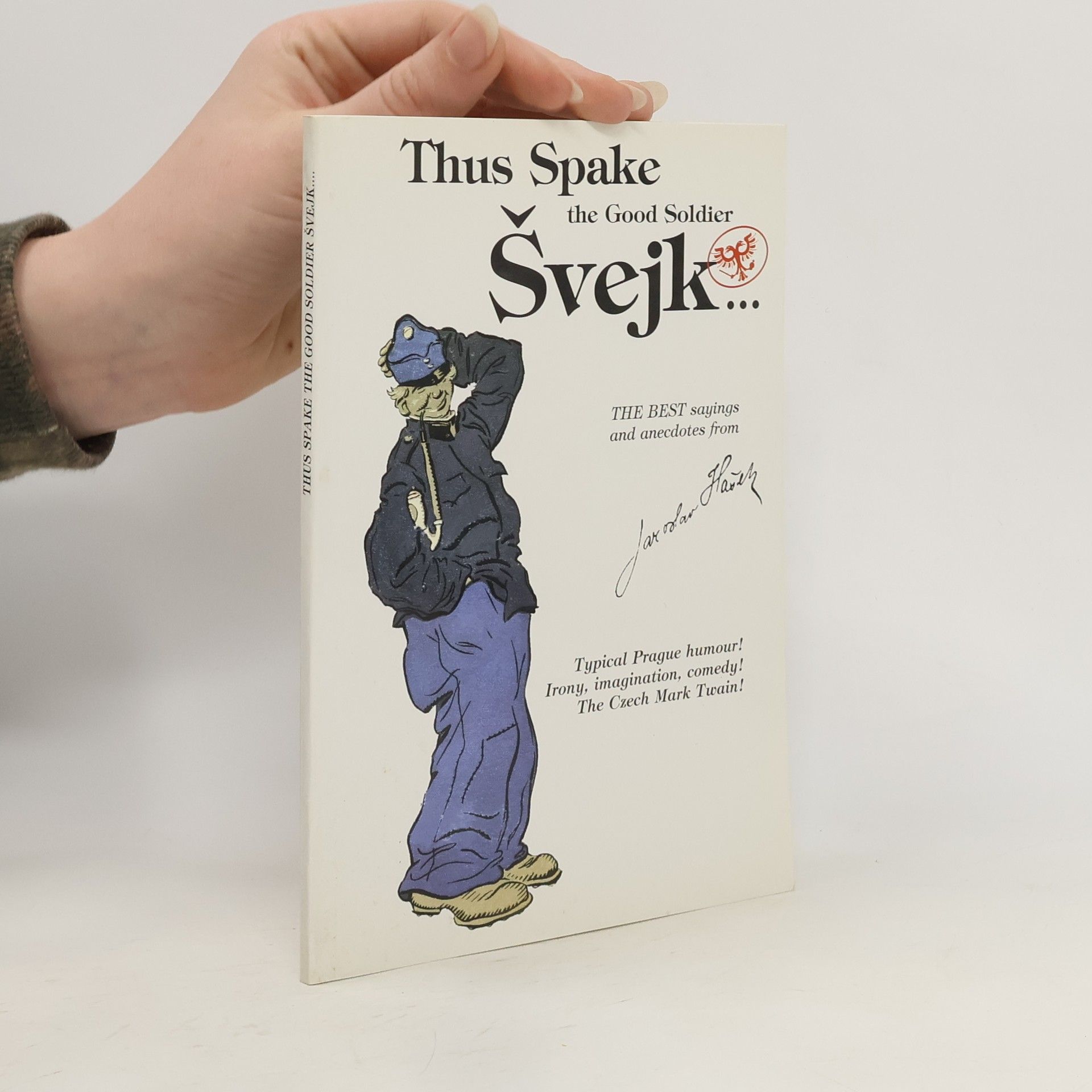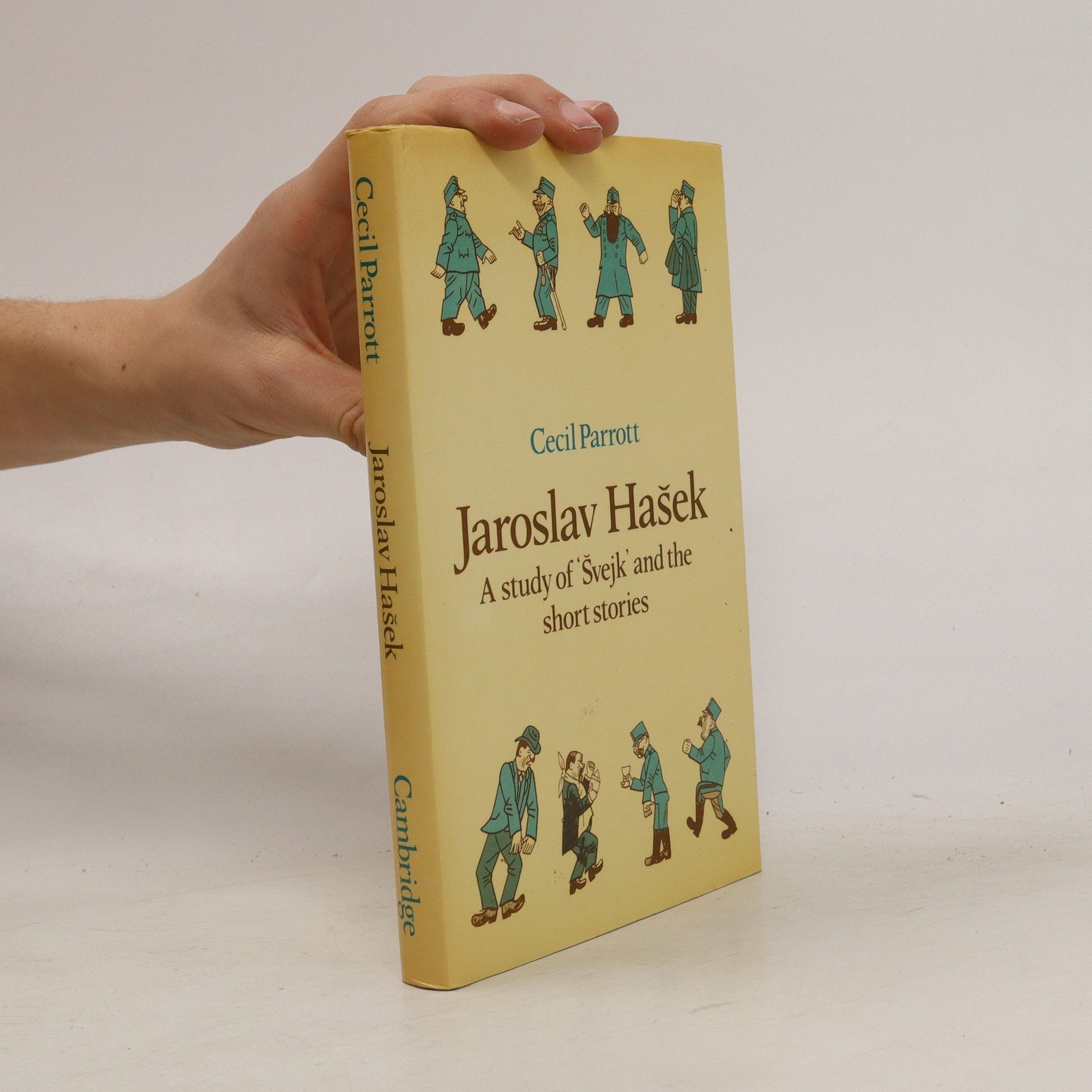The good soldier Švejk and his fortunes in the World War
- 784bladzijden
- 28 uur lezen
Translates the iconoclastic Czech's classic satire depicting the adventures of a soldier during the First World War




Translates the iconoclastic Czech's classic satire depicting the adventures of a soldier during the First World War
This 1982 book was the first major critical study of Jaroslav Hašek and his most important literary creation, The Good Soldier Švejk. For many people Hašek's book is simply extremely funny. Cecil Parrott begins from the point of view that a closer examination of the conditions under which the book was written reveal it to be a much deeper work than it appears on the surface: a tragic as well as a comic masterpiece. A leading authority on Hašek, Parrott wrote the definitive biography, The Bad Bohemian, and translated the unexpurgated version of Švejk and many of Hašek's short stories. This book is lucidly written and aimed at the non-specialist reader who requires guidance in coming to terms with this strange book. All quotations are translated, and the book also includes a number of illustrations including the only sketch of Švejk that Hašek approved.
Good-natured and garrulous, Svejk becomes the Austrian army's most loyal Czech soldier when he is called up on the outbreak of World War I - although his bumbling attempts to get to the front serve only to prevent him from reaching it. Playing cards and getting drunk, he uses all his cunning and genial subterfuge to deal with the police, clergy, and officers who chivy him toward battle. Cecil Parrott's vibrant translation conveys the brilliant irreverence of this classic about a hapless Everyman caught in a vast bureaucratic machine.